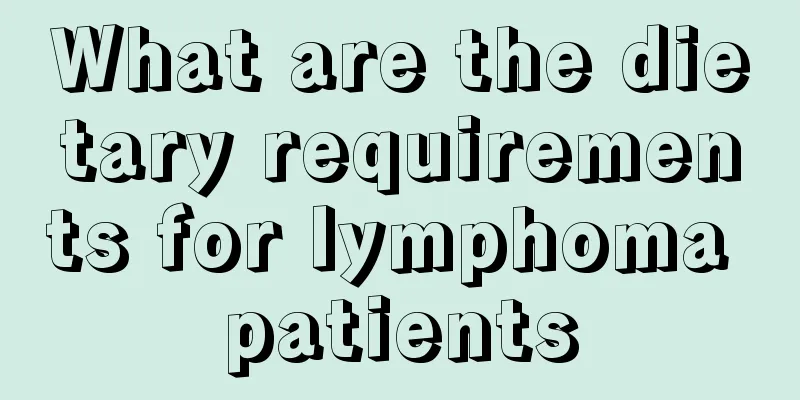How to treat gum atrophy?

|
The lower part of the teeth is covered by the gingiva, which ensures the long-term health of the nerve tube at the root of the teeth. The gingiva is also called the gums. It is a very important tissue part of the gums and plays an important positive role in the healthy standing of the teeth. Gum diseases are relatively common, mainly manifested in gum atrophy, which can lead to a decrease in the strength of the teeth, etc. Let’s take a look at how to treat gum atrophy? Check your mouth carefully, including your gums Many people will look at their teeth after brushing, but many of them do not pay attention to whether the gums are growing normally. The editor did not look at the gums carefully, and when he later discovered that the gums were shrinking, the tartar had already existed for a long time. So if you have the chance, you can carefully check your mouth to see if you have cavities, etc., including whether your gums are healthy. If you find gum recession, you should go to the hospital for diagnosis as soon as possible. If you find that your gums are shallower than usual and the roots of your teeth are about to show, you need to go to the hospital to confirm the cause of the gum recession. If the cause is not found and treated as soon as possible, the gums will not be able to return to their previous position. Causes of gum recession, such as dental calculus, periodontal disease, etc. There are many reasons for gum recession, but the more common ones are tartar or periodontal disease. Tartar basically spreads from the inside to the outside, so it is difficult to detect. The same is true for periodontal disease. Therefore, once you go to the hospital, you must get a definite answer from the doctor, and continue to ask if you have any hesitation. Learn the correct way to brush your teeth The correct way to brush your teeth should always be kept in mind. For example, brush the surface vertically first, brush the inside of the teeth at a 45-degree angle, and then brush the upper and lower surfaces and the surface of the teeth. Three minutes is the best time to brush your teeth. Do not use too much toothpaste, just the right amount. Replace toothbrush every 2-3 months and toothpaste every month Toothbrushes need to be replaced regularly, generally every 2-3 months. If you brush your teeth frequently, you can replace them earlier. It is best to change toothpaste every month. Using the same toothpaste for a long time is not good. |
<<: How to treat gingival recession?
>>: What are the treatments for gum hypersensitivity?
Recommend
What are the Chinese herbal medicines for treating nasopharyngeal carcinoma
What are the Chinese herbal medicines for treatin...
What are the causes of thyroid cancer? Beware of 5 common causes of thyroid cancer
If iodine intake is abnormal, the body is deficie...
What are the clinical manifestations of habitual abortion?
Many women encounter misfortune when they just fi...
Is red and swollen lips a cause of disease?
There are many reasons for red and swollen lips, ...
Is taking a bath with black sesame seeds good for your health?
Many foods in our daily lives not only have the f...
What are cervical precancerous lesions? The hazards of cervical precancerous lesions
Cervical atypical hyperplasia and cervical carcin...
How to know the stage of nasopharyngeal cancer and how to prevent it
If you have nasopharyngeal cancer, many people wo...
What are the symptoms and treatments for acute urinary retention?
Urinary retention is a common clinical disease. A...
Does endocrine blood test require fasting?
The endocrine system is an important part of the ...
Acupuncture points that aid sexual performance
The most important factor affecting the relations...
How long should I stop taking medication after half-resection of thyroid cancer
The medication discontinuation time after hemisec...
What are the common causes of bladder cancer?
Bladder cancer is a very serious disease, but man...
The action of getting out of bed can easily cause illness
After waking up in the morning, you rub your slee...
Is osteosarcoma carbuncle useful?
Osteosarcoma is a type of disease that can occur ...
Can white vinegar cure hemorrhoids?
Hemorrhoids are not unfamiliar to office white-co...









